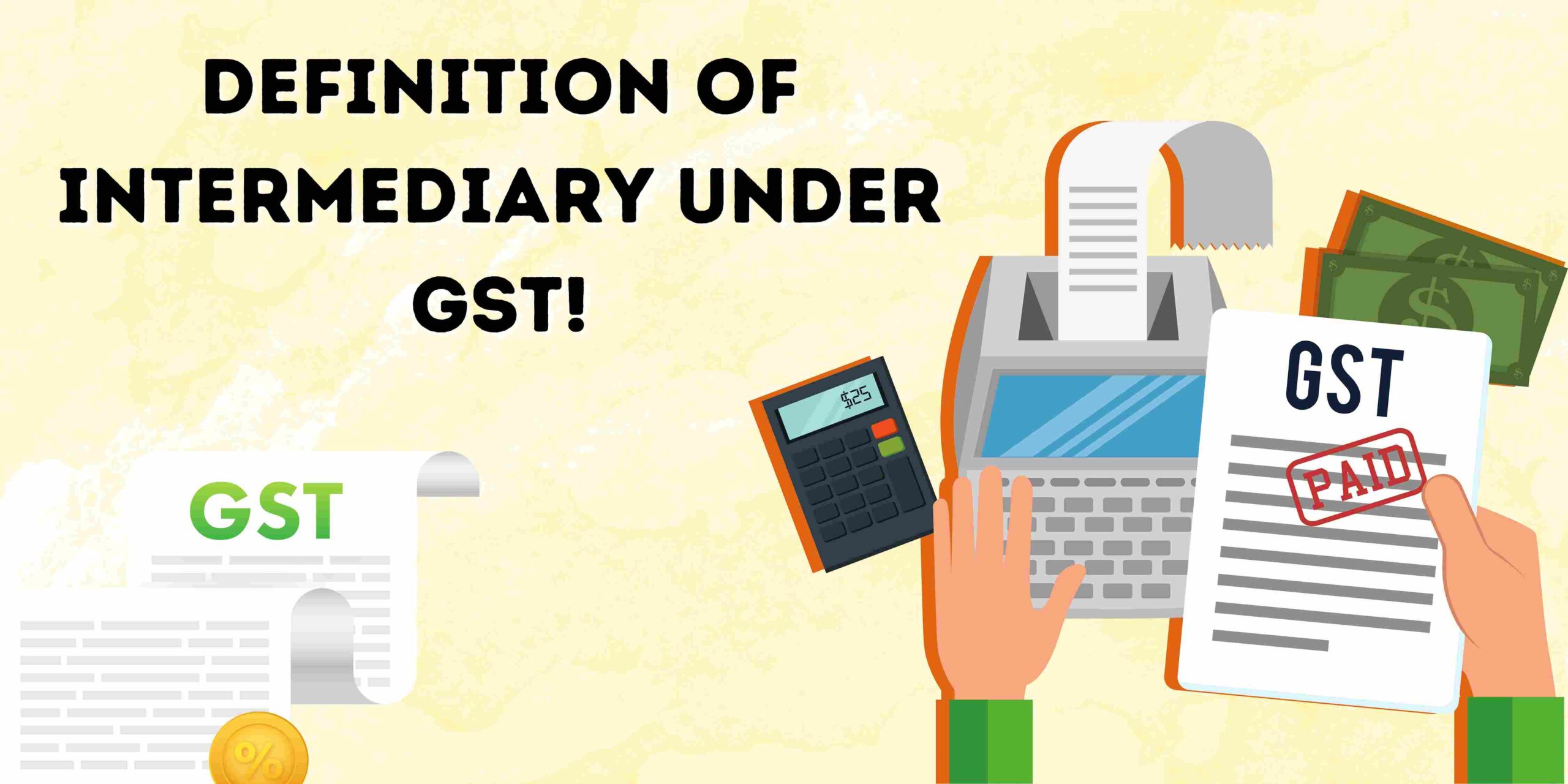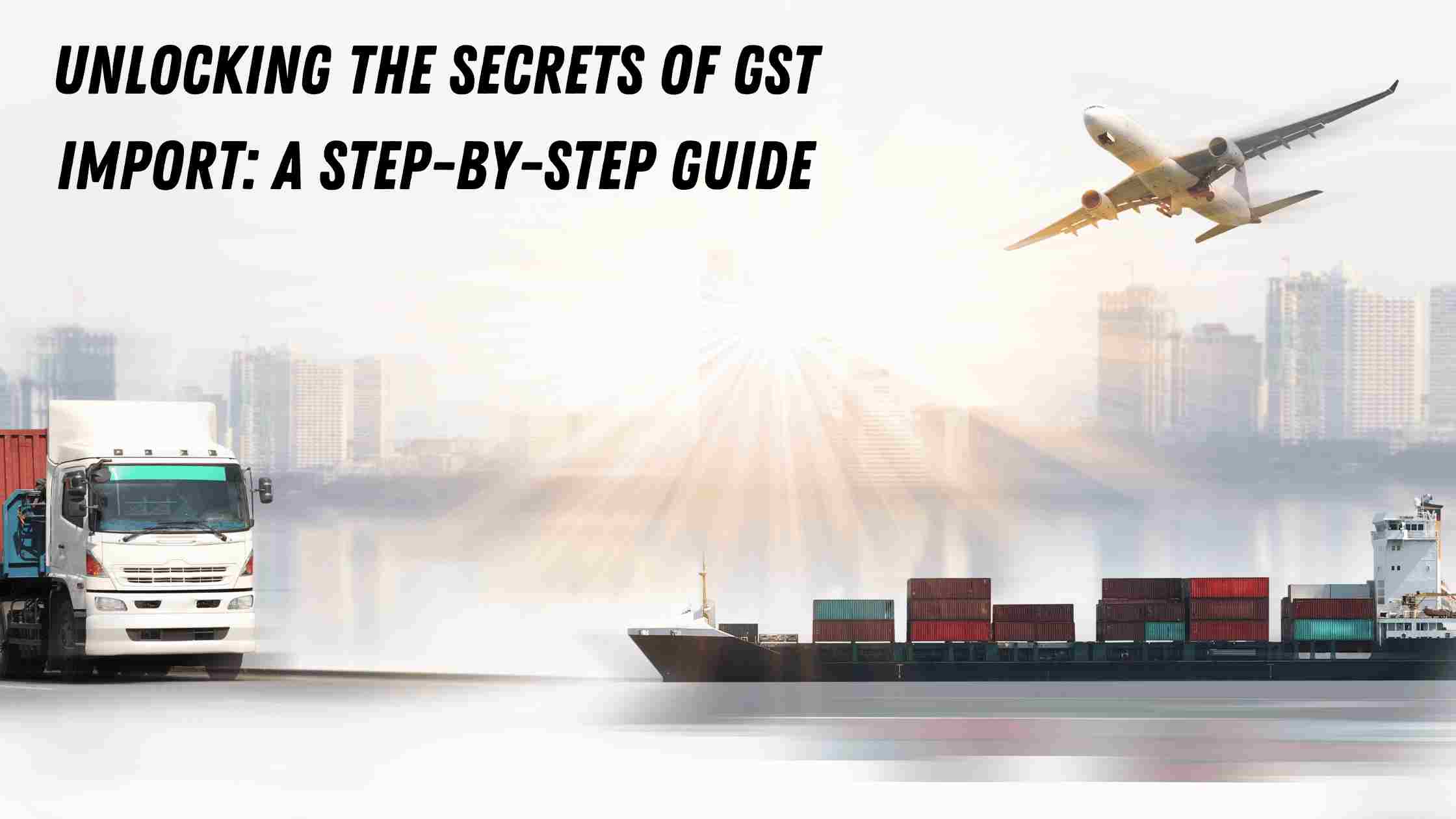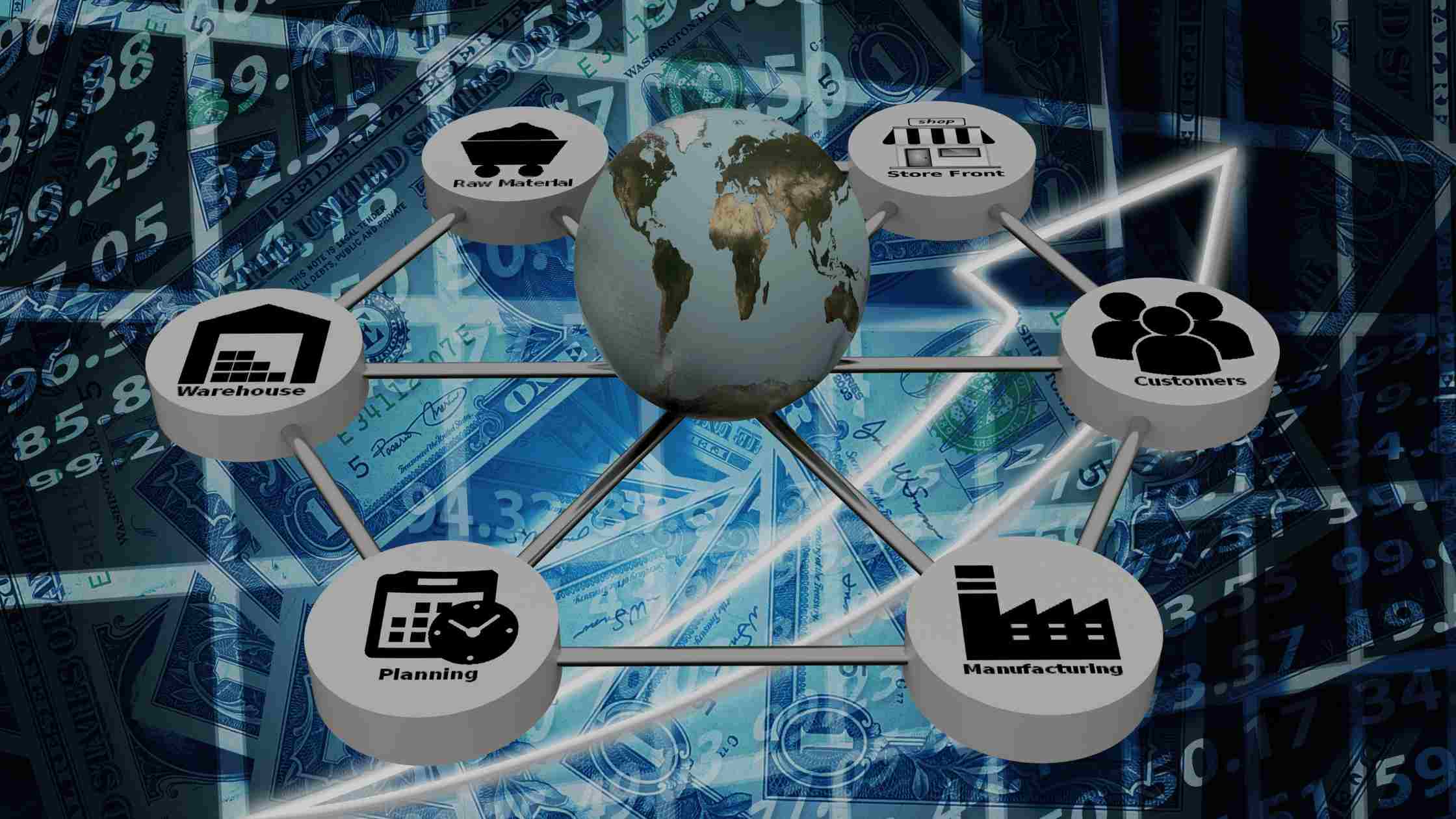As per GST Act, definition of intermediary has been defined as a person who arrange or facilitate the supply of goods or services between the two person. But does not include such person who supplies his own account (taking risk and rewards).
Intermediaries term is clearly defined under the GST under section 2(13) as “intermediary” means a broker, an agent or any other person, by whatever name called, who arranges or facilitates the supply of goods or services or both, or securities, between two or more persons, but does not include a person who supplies such goods or services or both or securities on his own account”
However there are endless confusion in relation to intermediary.
Clarification of doubt on definition of intermediary:
Based on circular no 159/15/2021 dated Sep 20, 2021, clarified the definition of intermediary. For qualifying as intermediary, taxpayer must meet the following 3 conditions:
1. Minimum of three parties: An intermediary is someone who arrange or facilitate the supplies of goods or services or securities between two person.
In this 3 parties will be there: a. Buyer (principal), b. Seller (principal), and c. Broker, agent or called by whatever name called.
2. Two different supplies: There are two different supplies are provided:
- Main Supply: Between the two principals, who sells and purchase the main goods or services or securities
- Ancillary Supply: The person who is just facilitating or merely arranging the main supply between two principals.
The ancillary supply will be termed as intermediary service.
3. The person providing the services have character of agent, broker or any other similar. The person must be only arranging the main supply between the principal and have relation of principal to agent relation.
4. If person is providing the services on his own risk and reward (own account), then he will not be considered as agent or intermediary.
his own risk and reward (own account), then he will not be considered as agent or intermediary.
Exclusion from intermediary:
1. Sub-contracting of service is not an intermediary service: The supplier of main service can choose to outsource the main supply, either fully or partly, to one or more sub-contractor.
Further, The Hon’ble Punjab and Haryana High court in case of Genpact India Pvt. Ltd vs Union of India, Click here for case law, held that sub-contracting of service is not an intermediary services.
Example:
For instance, ‘Mr. Mohan’ and ‘Mr. Ram’ have entered into a contract as per which ‘Mr. Mohan’ needs to provide a service of, say, Annual Maintenance of machinery to ‘Mr. Ram’.
‘Mr. Mohan’ subcontracts a part or whole of it to ‘ABC Ltd’. Accordingly, ‘ABC Ltd’ provides the service of annual maintenance to ‘Mr. Mohan’ as part of such sub- contract, by providing annual maintenance of tools and machinery to the customer of ‘ Mr. Mohan’’, i.e. to ‘Mr Ram’ on behalf of ‘Mr. Mohan’.
Though ‘ABC Ltd’ is dealing with the customer of ‘Mr. Mohan’’, but ‘ABC Ltd’ is liable to ‘Mr. Mohan’ for Annual Maintenance Service on his own account, i.e. on principal to principal basis.
Further, ‘Mr. Mohan’ is liable to ‘Mr. Ram’ for providing timely services. Hence relation between Mr Mohan and Mr. Ram is also principal to principal bais. Thus, supply of service by ‘ABC’ in this case will not be considered as an intermediary.
2. The specific provision of place of supply in case of intermediary, should be used only when either location of seller of intermediary or buyer of intermediary is outside India.
Disclaimer:
The information provided in this content is for general informational purposes only. You should always seek the advice of expert before making any decisions based on the information provided. We do not warrant or guarantee the accuracy, completeness, or usefulness of the information provided. Any reliance you place on such information is strictly at your own risk. We shall not be liable for any damages, losses, or expenses arising out of or in connection with the use of this content.








